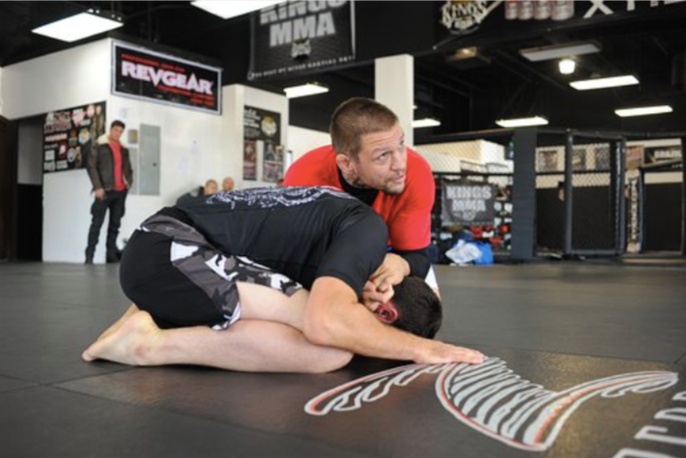As a BJJ athlete, it’s important to have a balanced diet that can directly impact your energy levels, focus, and overall performance. Your body also needs the proper nutrients to fuel your workouts and help you recover properly. We will discuss top diet options for Jiu-Jitsu . Keep reading;
Energy Foods
Most people may think they can eat any type of food and still perform at their best on the mat. Unfortunately, this is not always the case. Jiu-jitsu is a physically and mentally demanding sport and in order to be successful, you need to be physically and mentally healthy. That’s why it’s essential to have a diet that provides your body with the energy it needs to perform at its best.
Like any other athlete, energy intake should be the basic foundation of your diet because it supports your overall body functions. It also affects the absorption of other nutrients and helps maintain your body composition.
Some energy-packed foods you can eat are whole-grain crackers, tortilla wraps, and small boxes of non-sugary cereal. You can also eat pasta, pita bread, oatmeal, sesame seeds, and wheat bagels. Certain fruits and vegetables, including bananas, strawberries, dark berries, and apples, are also excellent sources of vitamins.
Enough Proteins
Another way to ensure a balanced diet is to ensure you get enough protein which is essential for muscle growth and repair. Experts recommend between 1.4 to 2 g of a kilogram of body weight daily for an average person. However, BJJ athletes require more protein because of the rigorous nature of their training.
According to experts’ recommendations, athletes should take approximately 1.2 to 2.0 grams of protein per kg of body weight, depending on their training needs. Protein sources include chicken, fish, tofu, legumes, and eggs. Also raw and unsalted nuts are good sources of protein. You can consider walnuts, Brazil nuts and almonds.
Water
Jiu-Jitsu is an intense sport that can make you sweat a lot leading to dehydration. Lack of water in the body can lead to fatigue, cramping, and decreased performance. Make sure to drink plenty of water throughout the day, especially during training or competition.
Vegetables, Fruits, and Meal Replacement Smoothies
Fruits and vegetables provide antioxidants, vitamins, minerals, and other nutrients that help protect your body against disease and injury. They also help you recover from workouts and competitions.
Smoothies can also fuel up your body before you hit the mat. Additionally, they help in post-workout recovery. However, be careful when using smoothies as meal replacements, as they may not fully substitute fresh food.
If you take smoothies occasionally, ensure the product is well-rounded and has all the nutrients your body needs. An average meal replacement can be fruit for carbs, nut butter for oils, and protein powder.
Consider taking pre-workout supplements that may boost your endurance and overall energy. Branch Chain Amino Acids (BCAAs) are a favorite among sports athletes because they contain Valine, isoleucine, and Leucine, which are essential amino acids needed by the muscles for repair, recovery, and prevention of muscle soreness.
If you have time, you can check out post workout supplement reviews online and choose an option that works for you.
Conclusion
There are many ways to achieve a balanced diet for Jiu-Jitsu, but one of the simplest and most effective is focusing on whole, unprocessed foods. These foods are closest to their natural state and have not been stripped of their nutrients.
Notably, a diet high in unhealthy fats, sugars, and processed foods will make you feel sluggish and lead to long-term health problems. On the other hand, a balanced and nutritious diet will help you feel energetic and focused while also providing the nutrients your body needs to recover from training.

















